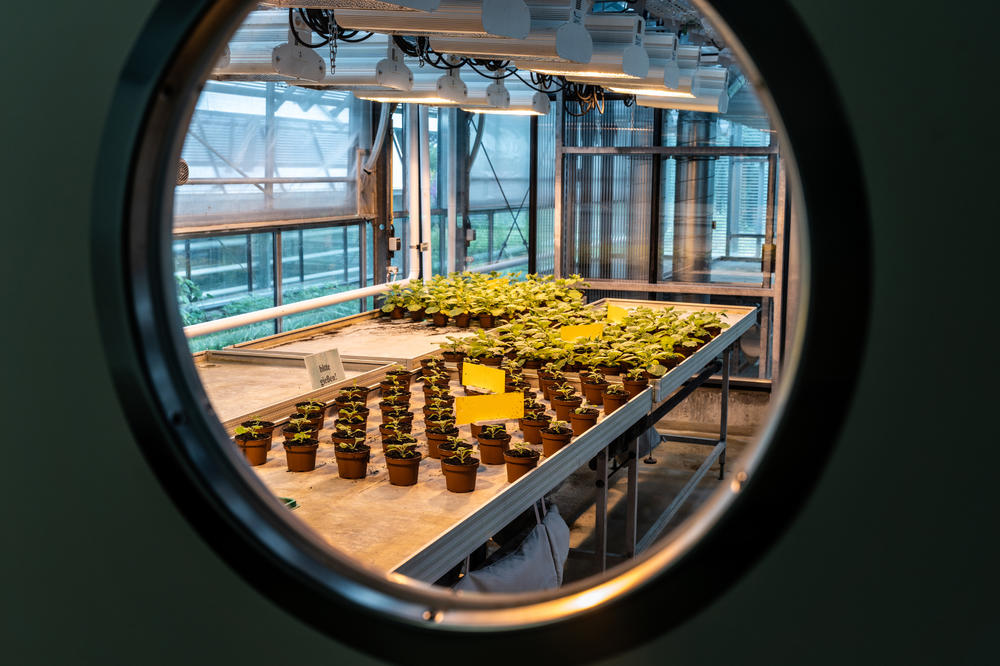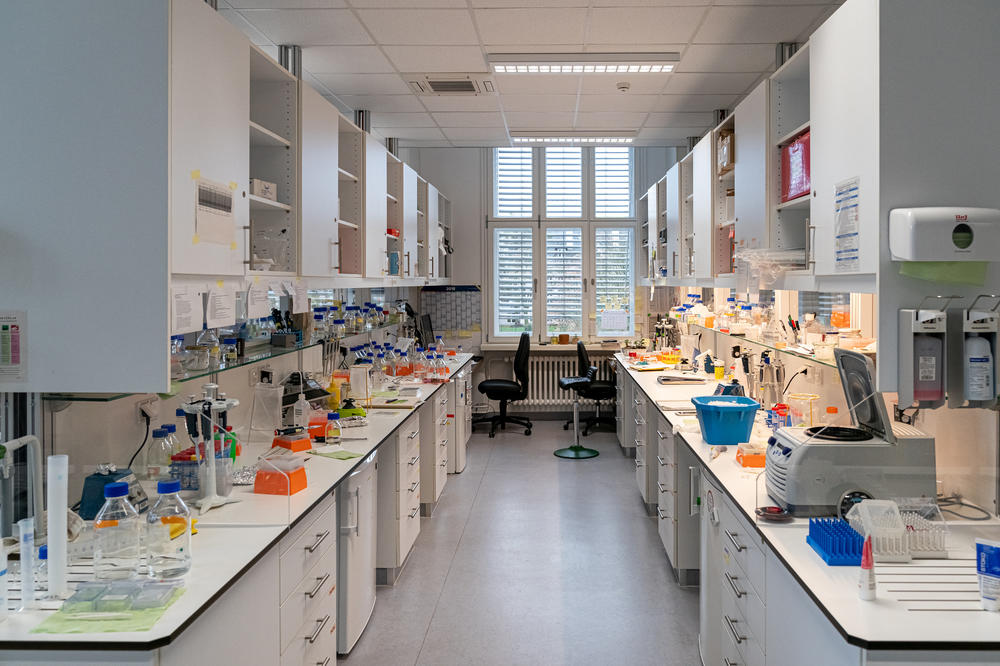Resilient in Crisis
Biologist Matthias Rillig from Freie Universität draws lessons from the corona crisis and describes how research groups can prepare for unexpected conditions.
Apr 15, 2020
Not only pandemics, but also political instability, wars, or natural disasters can severely disrupt research. Following ten rules can help research groups prepare for this in advance.
Image Credit: Michael Fahrig
Learning from crises – ecology professor Matthias Rillig took this motto to heart and implemented it in no time. Together with members of his research group and visiting researchers, he has established ten simple principles for how research groups can prepare for emergencies such as the current corona pandemic.
In order to curb the spread of the coronavirus, not only are lecture halls and classrooms empty, but scientists were also requested to suspend the experiments in their laboratories, where they are only allowed to maintain the barest emergency operations and otherwise work at home. This of course has consequences because scientific publications, third-party funding, and professional careers depend on the operations in the labs. Many experiments have to be monitored continuously over a longer period of time, and if they are just shut down, the work of weeks and months is jeopardized.
“This type of situation can arise not only from a pandemic, but also from political instability, wars, or natural disasters,” says Matthias Rillig. “So we asked ourselves what we can learn now to better manage possible crises in the future.”
Cooperation instead of Competition
“A mixture of set routines and flexible working hours has a positive effect in times of crisis,” says Matthias Rillig.
Image Credit: Personal collection
Many aspects of so-called resilience of a laboratory cannot be controlled in advance – for example, whether Internet connections are still available for communication or whether employees have fixed contracts. Other aspects, such as team culture can be.
Thus, the team of authors led by biologist Rillig recommends promoting a positive working atmosphere in the laboratory and building a community that can hold together in crisis situations. In addition, it pays to establish online communication channels and video conferencing expertise. The exchange with colleagues via social media such as Twitter also creates a sense of community and enables quick exchange of experiences.
Groups whose members support each other in their everyday work instead of isolating themselves from each other for fear of competition are more flexible. To facilitate this, rule number seven suggests granting each member of the group intellectual freedom for their own ideas and projects.
If a group pursues several different research approaches, it is better prepared for crises. "Our research is based to a large extent on experiments in the lab and greenhouses and observations in nature," says Rillig. However, he made sure that in addition, theoretical approaches such as concept development, modeling, and analysis of secondary data were also being worked on. These projects can be continued without access to the laboratory.
Theoretical approaches such as concept development, modeling, and analysis of secondary data can be continued without access to the laboratory.
Image Credit: Michael Fahrig
Likewise, a combination of binding meetings and routines on the one hand and flexible working hours on the other have a positive effect in times of crisis. In Rillig's group, for example, the Monday discussions of new publications or the “Data Club” on Thursday can now only take place online, but even so, these routines convey a reassuring sense of continuity.
Risks Are Part of Everyday Business
Finally, dealing with risks is part of everyday business anyway. Rillig points out that experiments can fail for any number of reasons, even without a crisis. Therefore, it is advisable from the start to combine low-risk projects with higher-risk projects and to generate data early on during a long experiment. Following this good practice will pay off twice in the event of a catastrophic event.
Rillig is convinced that many laboratories are already implementing these principles, but because these aspects have taken on a whole new meaning in the current situation, the authors wanted to look at them again and re-appreciate them. Keeping a lab running under such conditions is not only an economic issue, but also a human one because a good team provides its members with personal support.
The original German version of this article was published on April 15, 2020, in campus.leben, the online magazine of Freie Universität Berlin.
Further Information
Link to the Publication:
“Ten Simple Rules for Increased Lab Resilience” by Matthias C. Rillig, Milos Bielcik, V. Bala Chaudhary, Leonie Grünfeld, Stefanie Maaß, India Mansour, Masahiro Ryo, Stavros D. Veresoglou
- Advance publication: https://ecoevorxiv.org/a6jyk
- Submitted for publication: https://journals.plos.org/ploscompbiol/
Contact
Prof. Dr. Matthias Rillig,
Email: rillig@zedat.fu-berlin.de, Web: rilliglab.wordpress.com/
Twitter: @mrillig



